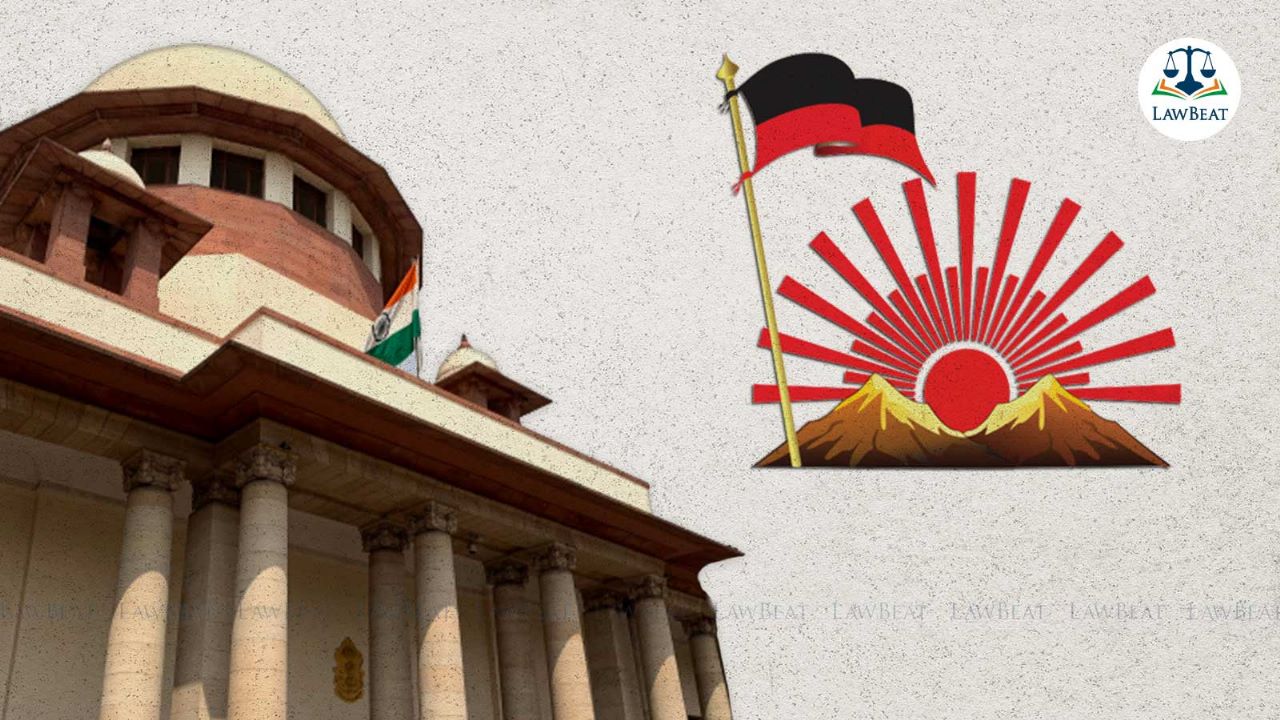DMK moves Supreme Court seeking review in the matter of EWS Quota

The DMK has moved Supreme Court seeking a review of a judgment dated 07.11.2022 pronounced by a Constitution Bench in the matter pertaining EWS Quota wherein the constitutional bench upheld the constitutional validity of the 10% EWS quota.
The petitioners have stated that several persons, organisations and parties challenged the 103rdAmendment before the Hon’ble Apex Court. The Petitioner had originally challenged the 103rd Amendment before the Madras High Court, which was transferred to Supreme Court.
The petitioner have submitted that there is an error in the impugned judgement as it directly overrules the judgement passed by the nine Judge Constitution Bench in Indra Sawhney vs. Union of India 1992 Supp (3) SCC 217 (hereinafter referred as Indra Sawhney) which has authoritatively pronounced that reservations cannot be on the basis of the economic criteria and such interpretation was on the basis of Articles 14,15(1) and 16(1), not articles 15(4) & 16(4) alone. All four separate opinions have not noticed the paragraphs in Indra Sawhney that hold so.
They state in their petition that the reservations under Art 15(4) & 16(4) are on the basis of social backwardness and historic oppression. If the majority accepts that there can be a separate classification on economic criteria, social backwardness cannot be used as an exclusion for the poor among ST, SC & OBCs merely because they suffer both backwardness. They further contend that this judgment if allowed to stand coveys a strong message that the SC, ST & OBC’s historic oppression for more than several hundred years who have been prevented from having jobs and education and who have been kept away from main stream suffers from disqualification from getting economic reservations.
It is pertinent to mention that the petitioner has contended that none of the three opinions that constitute the majority judgement have considered the ‘identity’, ‘width of power’ and ‘unguided power’ tests that have been laid down by the Apex Court to test constitutional amendments despite it being argued before the Apex Court.
“The impugned judgement legitimises discrimination by opining that exclusion is vital for achieving the desired results for a particular target group. It fails to consider the fact that the intended target group i.e. the Economically Weaker Sections were created by excluding the similarly placed economically weaker sections of the SC/ST/OBC community who have remained to be economically weaker due to rampant, systemic discrimination and oppression over the years.”
They state in the petition that the three majority opinions have committed an error apparent on the face of the record by not considering that the Articles 15(6) & 16(6) breach the equality code and does not achieve equality of opportunity as it excludes SC, ST, OBC from the advantage of EWS reservation.
“It perpetuates discrimination, as it discriminates similarly placed groups on the basis of their caste and categorically keeps economically weaker sections belonging to SC, ST, OBC out of the intended benefit despite the majority of them being economically and socially backward.”
On the above grounds, the petitioner has moved Supreme Court seeking review of its judgment on the EWS Quota.
Case Title: RS Bharathi, Organising Secretary Dravida Munnetra Kazhagam Vs. Union of India
